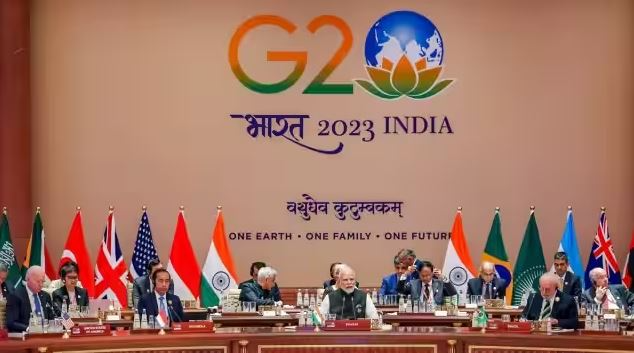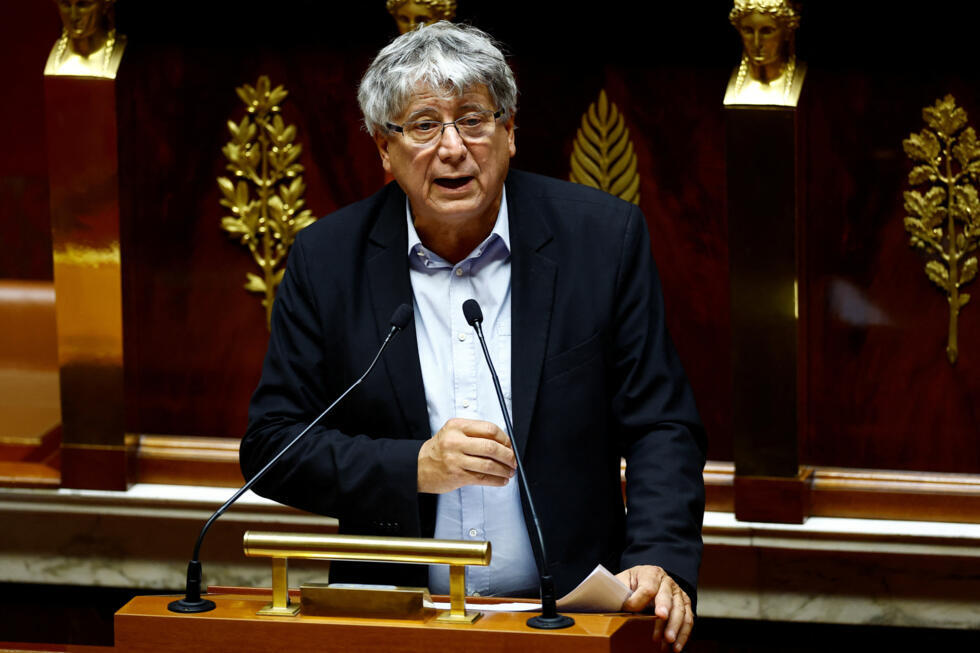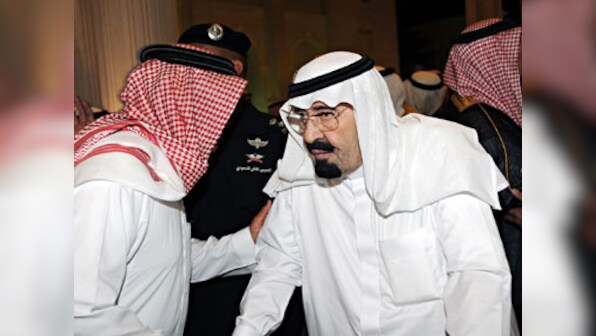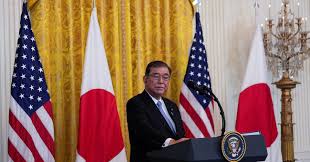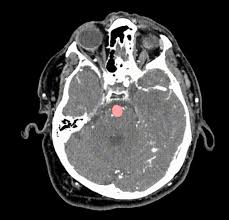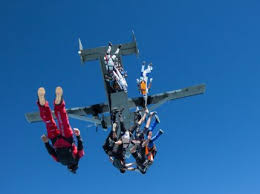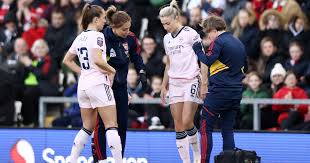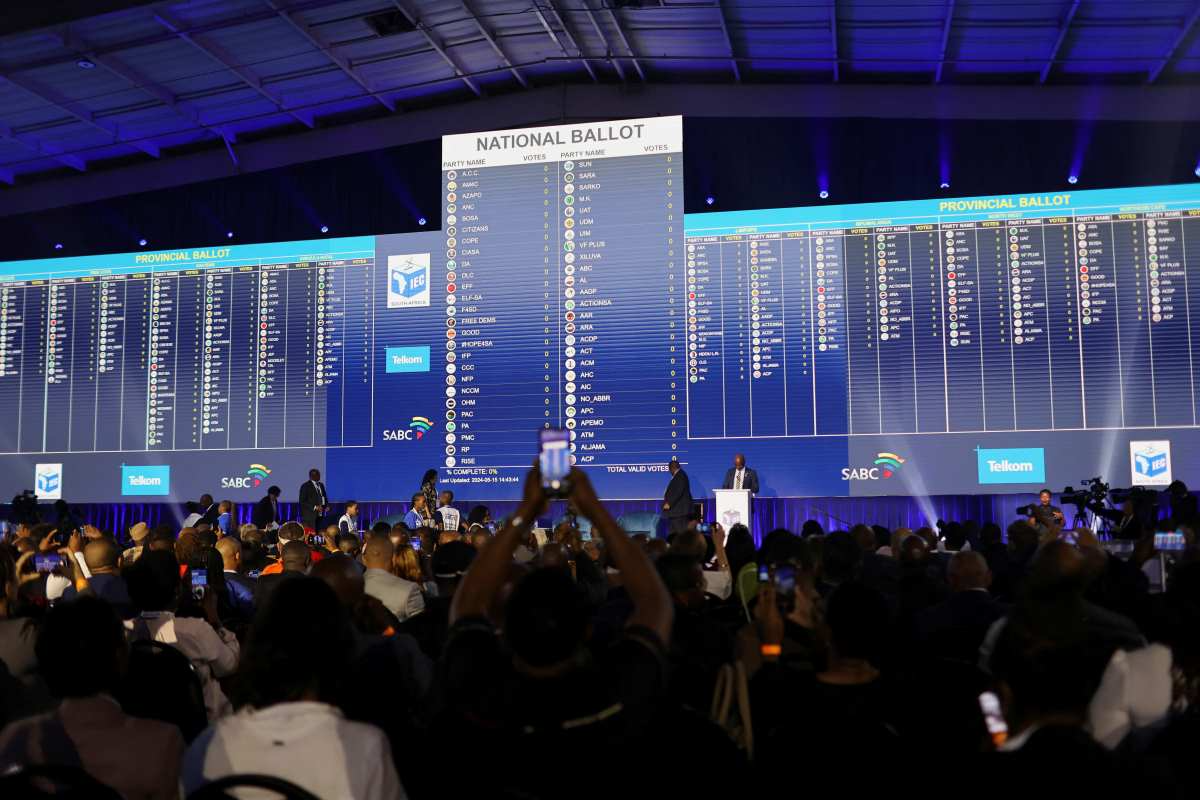
lection Tensions Rise Ahead of South African Polls A Nation at a Critical Crossroads
As South Africa prepares for its upcoming elections later this year, political tensions are reaching a fever pitch. Voters across the country are navigating a shifting political landscape marked by economic uncertainty, service delivery challenges, and the emergence of powerful new parties challenging the long standing dominance of the African National Congress (ANC). This moment, some argue, could define the nation's trajectory for the coming decade determining not just party lines, but the direction of post apartheid governance, national unity, and South Africa’s international standing.
Power Play and Political Fragmentation
Since 1994, the ANC has been South Africa’s guiding political force, but unrest and voter disillusionment are now opening the door to major realignments. The ruling party is grappling with widespread allegations of corruption, energy blackouts, stagnant economic growth, and sluggish job creation. New contenders, such as Herman Mashaba’s ActionSA and Julius Malema’s Economic Freedom Fighters (EFF), are aggressively mobilising around core grievances. While ActionSA appeals to voters frustrated by municipal decay and governance failures, the EFF is championing far reaching economic reforms, including land expropriation and nationalisation proposals. Meanwhile, the main opposition Democratic Alliance (DA) is reinforced by its sustained calls for accountability, governance reform, and service delivery across metropolitan centers.
Rising Intensity on the Ground
Campaigning activities have grown increasingly intense. Rallies register tens of thousands of attendees, but also a rising number of clashes some involving party members and community residents. In KwaZulu Natal, newly intensified xenophobic rhetoric from rogue factions has prompted civilian protests that turned violent. In Johannesburg and Cape Town, clashes during campaign stalls at transport hubs have resulted in minor injuries. Community watchdogs have raised concerns about election related intimidation and vandalism of campaign infrastructure. The Independent Electoral Commission (IEC) is responding by deploying additional election observers and coercive governance teams to volatile districts, stressing that unlawful interference will not be tolerated.
Economic Angst in the Voting Booth
Economic failure remains at the core of voter discontent. Unemployment stands above 30%, with youth unemployment over 50%, creating a restless and restless electorate. Power shortages, triggered by faltering state utility Eskom, continue to disrupt business operations and daily life. Inflation has remained stubbornly high while real wage growth has been nearly nonexistent, prompting many South Africans especially those under 40 to view the ballot box as their primary tool for demanding change. As a result, opinion polls show a dramatic drop in voter satisfaction, making "economic renewal" the dominant theme of political platforms across the spectrum.
Voter Fatigue and Citizen Engagement
Despite frustrations, voter enthusiasm is high in some regions. In Soweto, town hall forums packed with residents have seen community leaders and university students debating political ideologies, governance failures, and policy options with new intensity. Yet skepticism lingers in other areas where cynicism has deepened. Disillusionment is particularly strong among formerly ANC supportive rural voters who feel the post apartheid promise of basic services remains elusive. Civic coalitions are responding by hosting voter education workshops aimed at demystifying electoral procedures and highlighting the consequences of low turnout even while warnings circulate that vote buying and booth skipping are emerging concerns in marginal wards.
Media, Misinformation, and the Public Narrative
The digital public sphere in South Africa today is crowded, noisy, and, at times, misleading. Traditional media remain influential, but social platforms are reshaping discourse and redirecting narratives, often through unverified rumors or digitally altered content. Several parties have invested heavily in targeted digital campaigns promised policy deliverables, disrupted jobs, exaggerated scandal claims, and polarising rhetoric are spreading quickly online. Civil society organisations and fact checkers are stepping up efforts to debunk election disinformation, but message saturation has made discerning fact from fiction challenging. Polls suggest that concern over fake news is rising, but not yet enough to clamp access to civic digital spaces.
The Role of Youth Activism and Social Movements
South Africa’s young activists are injecting new urgency into the national political scene. Movements like #FeesMustFall and #TotalShutdown have morphed into ongoing pressure groups pushing for political accountability. This year, they are coordinating closely with civic organisations to demand transparent debates, candidates’ manifestoes tied to measurable goals, and digital platforms that allow voters to track policy follow through post election. These young participants many of whom have never experienced life before democratic majority rule view the upcoming election as a referendum on governance performance, not just leadership contest.
Electoral Integrity Under Scrutiny
The IEC has committed to transparent monitoring, partnering with domestic and international observers to ensure free and fair voting. They have also rehabilitated stagnant voter rolls and introduced biometric verification at polling stations. Still, concerns remain around rural logistics 4 × 4 vehicles must reach remote mountainous regions, results are processed via mobile and satellite networks, and nearly 10,000 temporary election officials need safe transit and deployment amid lingering security concerns. The IEC warns that tampering, vote buying, and procedural irregularities are serious threats and insists on emergency complaint lines and rapid intervention measures.
What’s at Stake and What Comes Next
As election day approaches, South Africa faces a moment of truth. The potential outcomes span from ANC’s managed decline and a shaky coalition government, to ActionSA or EFF leading shifting power landscapes, to a center right comeback by the DA anchored on urban professionalism and service delivery. More than any other factor, voter turnout will determine how broad or fragmented the post election government will be. A low turnout (e.g. 45 50%) would likely privilege radical parties, while solid turnout above 60% might signal public desire for stability.
The stakes go far beyond party leadership they revolve around if South Africa can reverse economic headwinds, restore social trust, and rebuild a sense of national unity. Generational lines are shifting, class tensions flaring, and grassroots voices emerging. The election’s final coalition could chart a new path forward addressing inequality, strengthening institutions, and rediscovering governance credibility or deepen the divisions that have tested the nation’s promise over the past 31 years since apartheid’s end.
As ballots are cast and votes counted, South Africa stands at a crossroads. Regardless of the result, the coming days will signal where the country is heading and if democratic optimism remains strong or is in retreat. The world watches.
Related Post
Popular News
Subscribe To Our Newsletter
No spam, notifications only about new products, updates.


